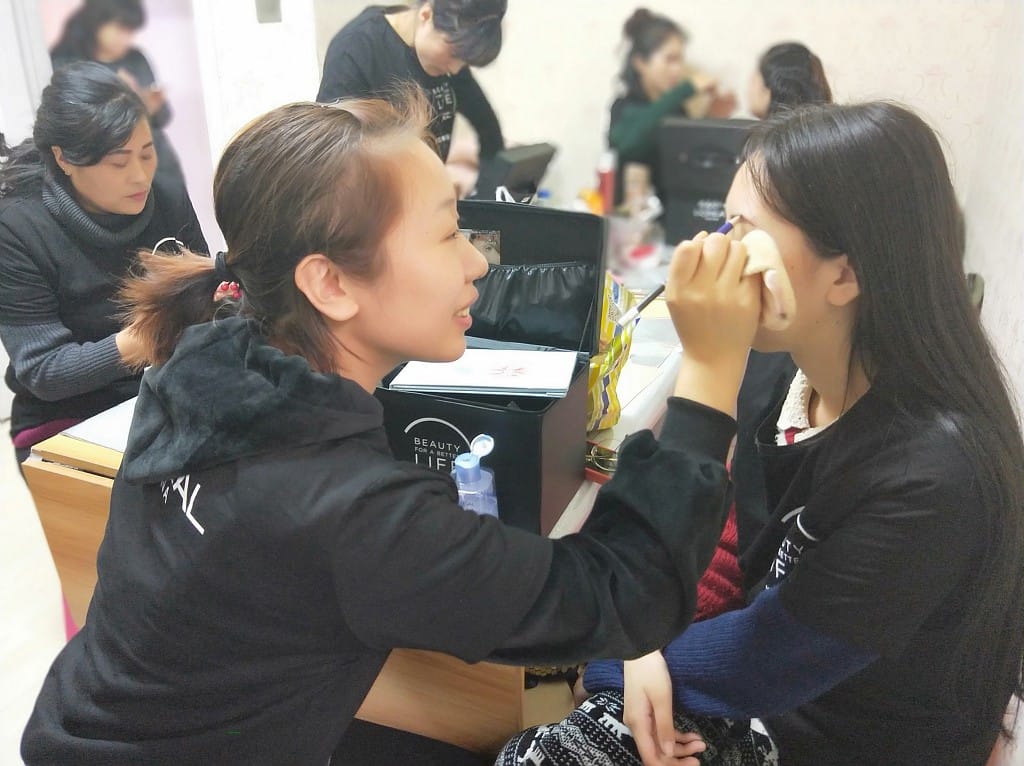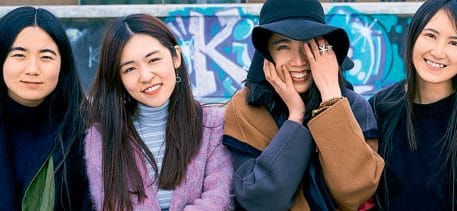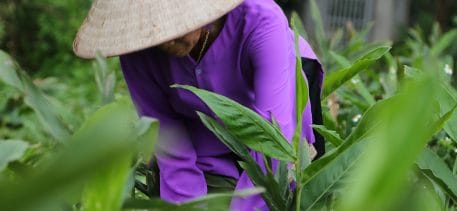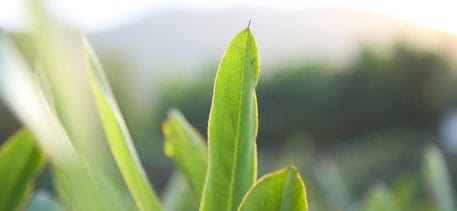Responsible beauty in China
In 2017, L’Oréal China celebrated its 20th anniversary. This milestone was characterised and made possible by significant progress in sustainable development in the four areas of the “Sharing Beauty With All” programme.
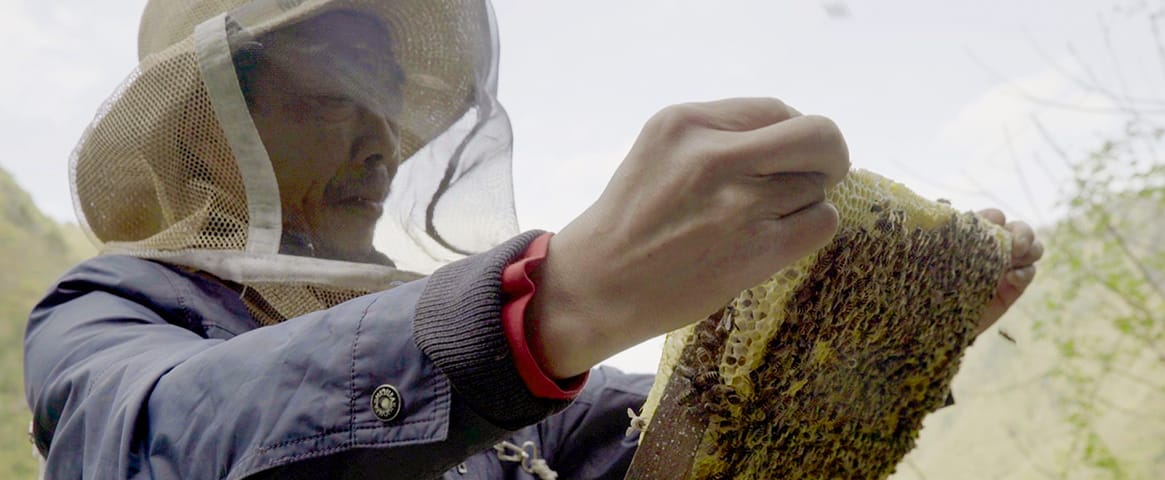
Sustainable innovation: high biodegradability levels
To reduce the environmental impact of formulas and packaging, L’Oréal is innovating to improve the biodegradability of its formulas and reduce water consumption related to product use. The products launched in China in 2017 showcase these efforts: the L’Oréal Paris range of anti-dandruff shampoos is 95.1% biodegradable, and its water footprint is 90% lower than the category average.
L’Oréal China is also developing formulas with natural ingredients such as tea extracts or ingredients issued from traditional Chinese medicine. Substantial efforts have been made to reduce packaging weight: reduction in plastic used, changes in the composition of plastics used, use of refillable glass containers, elimination of paper instruction leaflets, etc.
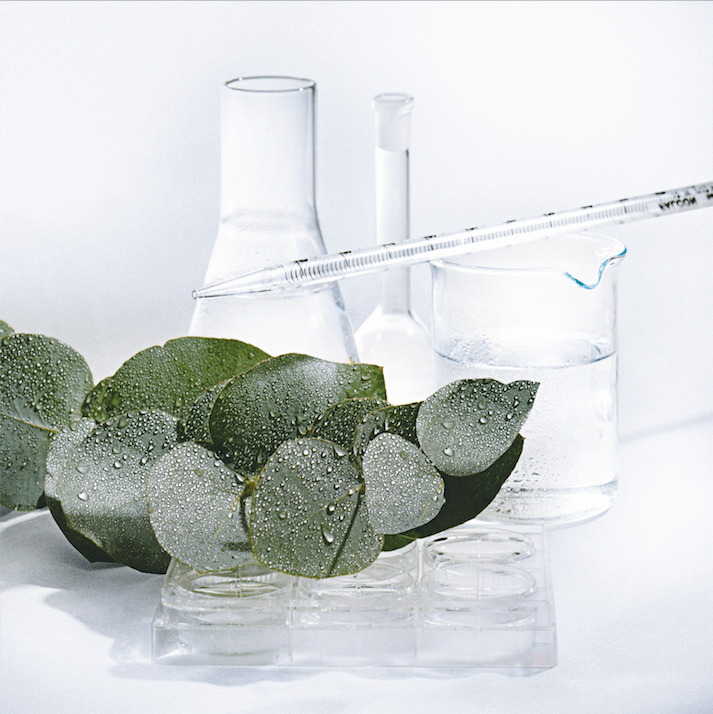
Sustainable production: transforming industrial sites
Sustainable production – the second focus of the “Sharing Beauty With All” programme – aims to reduce the environmental impact of factories and distribution centres: reduction in CO2 emissions, water consumption and waste production. The Suzhou factory has installed solar panels to cover 10% of its electricity needs. Its remaining power needs are met by a neighbouring wind farm, thus ensuring that the site is now entirely powered by renewable energy. Next, the Suzhou site is setting its sights on producing steam from green energy. Achieving this will make it the second carbon-neutral site in China. These important advances are all part of the Group’s transformation process for its industrial sites.
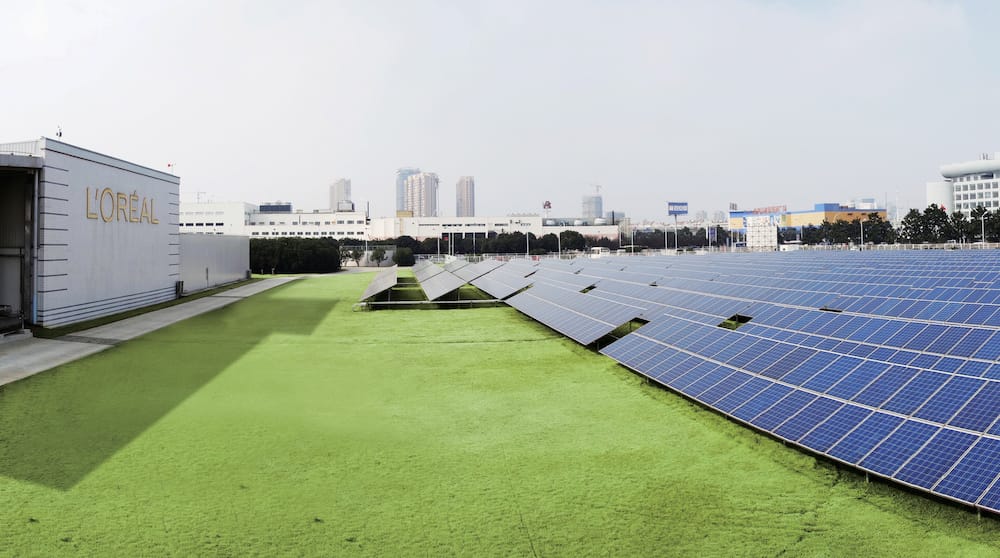
Sustainable consumption: urging consumers to be more responsible
Promoting more sustainable consumption is a challenge L’Oréal China intends to tackle. In 2017, the company partnered with the Chinese Ministry of the Environment to encourage citizens to consume more sustainably. A first “green consumption initiative” was launched in 2017. Focused on the beauty industry, it recommends attaining a more sustainable lifestyle by choosing products responsibly, reducing energy use, water use and waste, and improving recycling. Our brands are also committed to the cause. Kiehl’s, for example, has opened its first two LEED-certified x stores, pioneering new standards for L’Oréal stores in China.
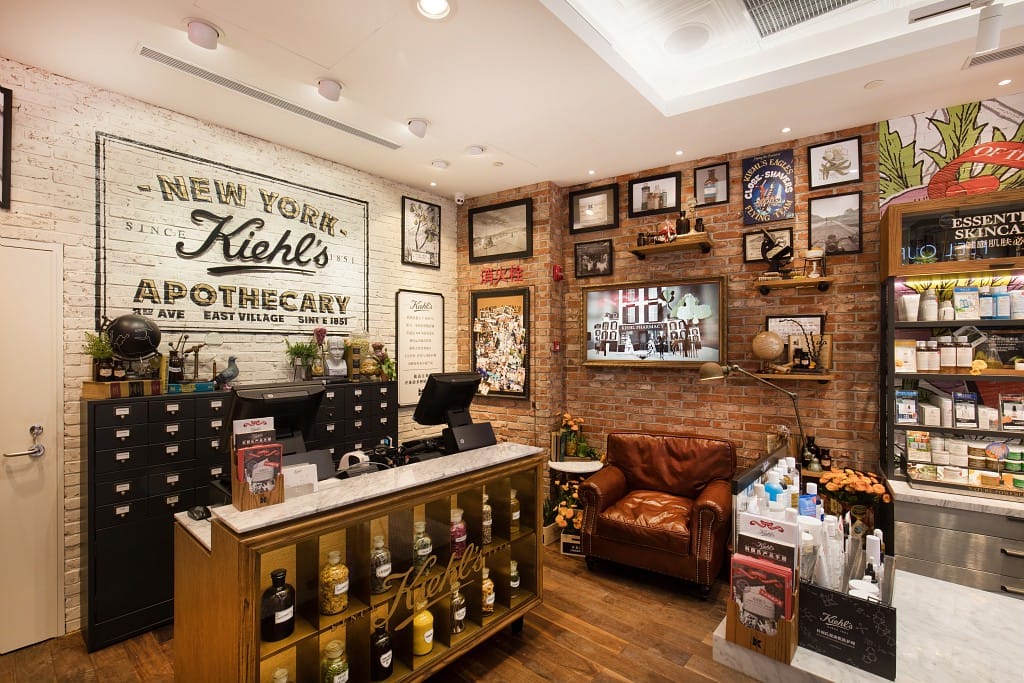
Sharing our growth with the most vulnerable groups of society
Sharing growth means including communities and the Group’s stakeholders in beneficial partnerships. For example, L’Oréal China and NGO x Shanshui Conservation have come together to work with local communities in central China who produce sustainable honey. They pay producers a fair price for high-quality honey. These producers also benefit from training in sustainable agricultural practices that protect the environment, to ensure they help preserve the last remaining natural habitat for pandas in the region.
L’Oréal China also promotes initiatives implemented by the L’Oréal Corporate Foundation, such as “Beauty for a Better Life”, a free training course in the beauty professions designed to help marginalised women find work. The Group is also committed to supporting disabled people, particularly by helping them find jobs with its suppliers or clients. To this end, L’Oréal and online retail giant Jingdong have signed an agreement for Jingdong’s customer service department to train and hire 300 disabled people by 2020.
